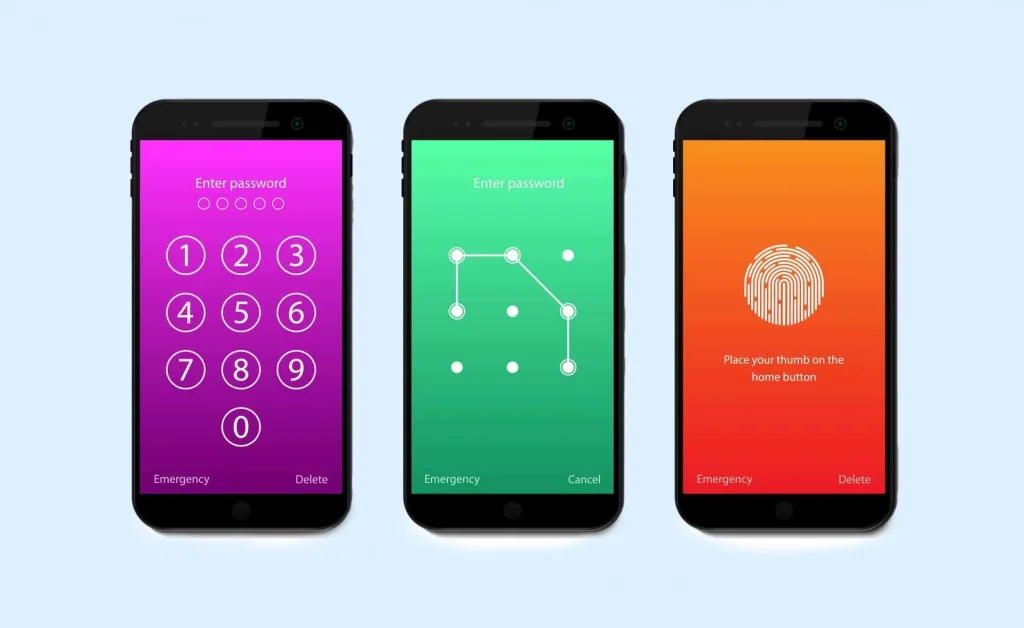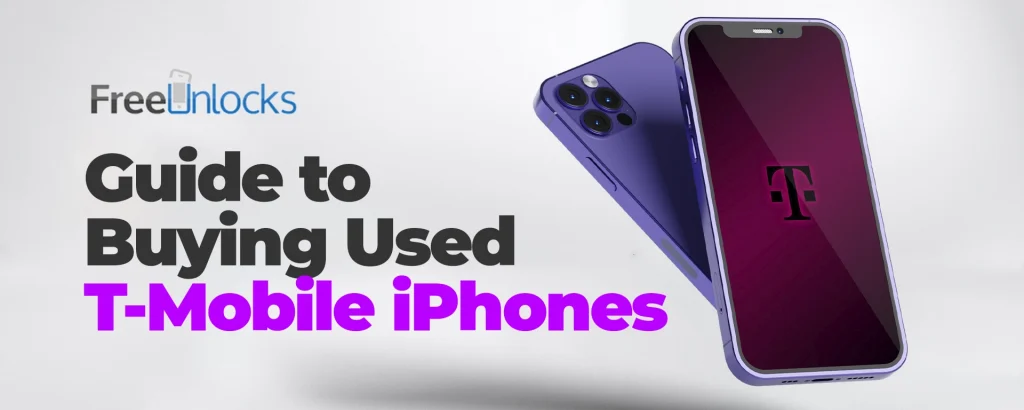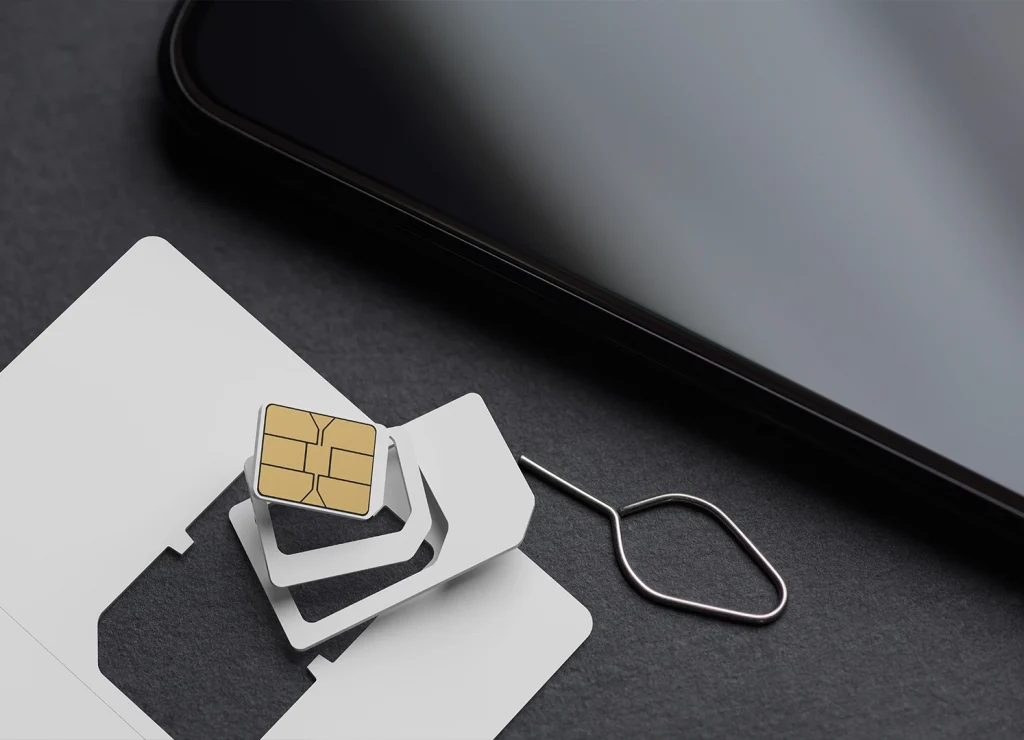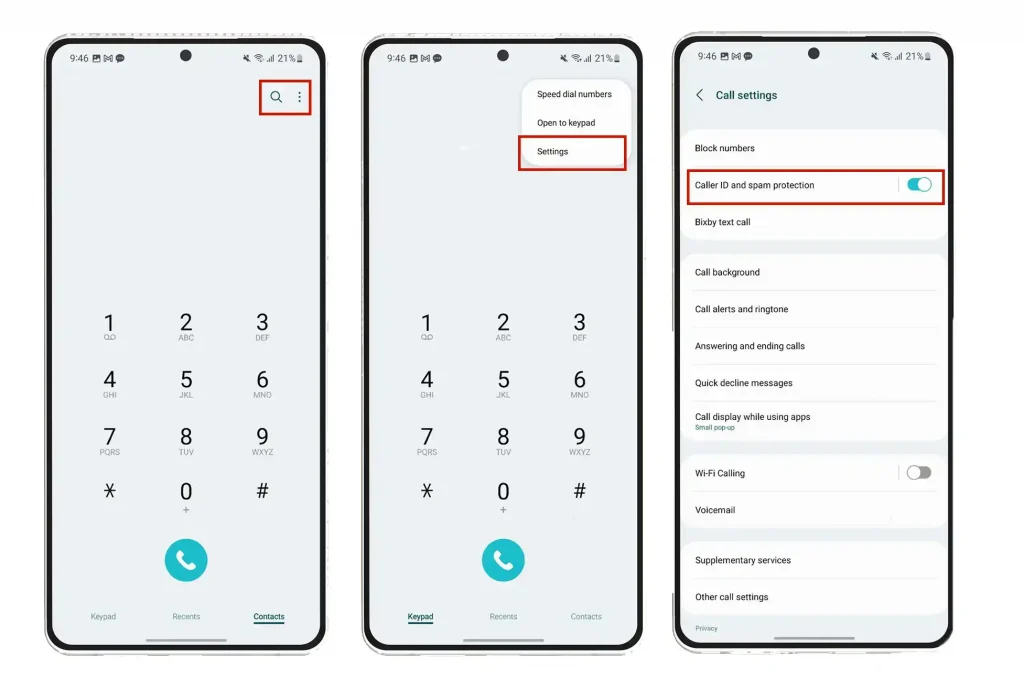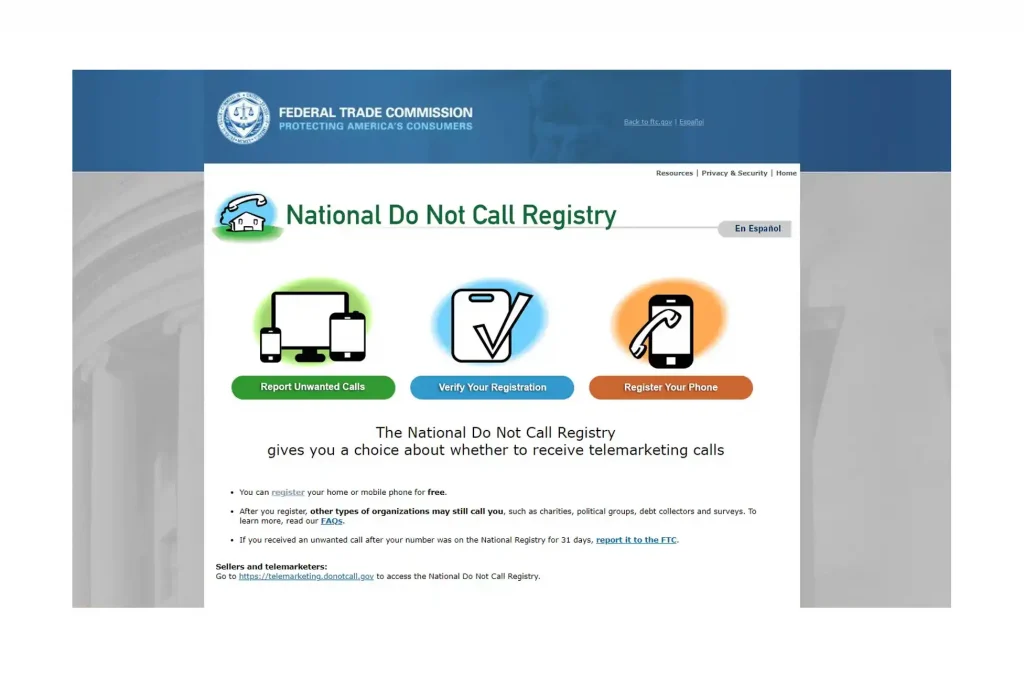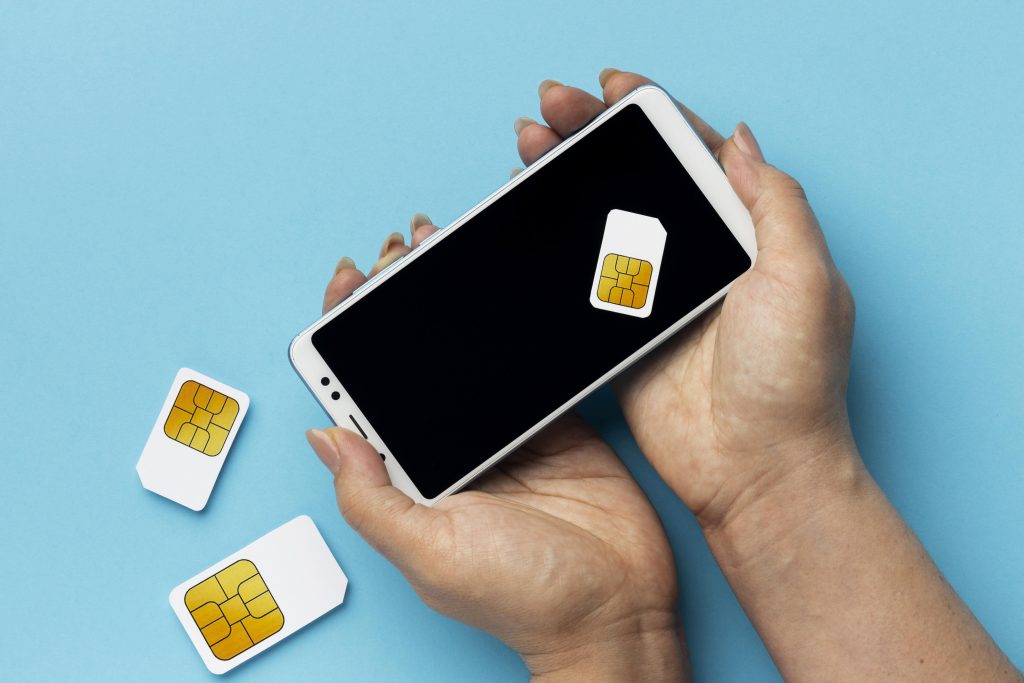
Imagine never being tied down to a single mobile network again. That’s the power of unlocking your iPhone SE! This pocket-sized powerhouse becomes even more versatile when you unlock its true potential. Say goodbye to limited plans and expensive international roaming. Embrace the freedom to choose the best deals, stay connected wherever you go, and maximize the value of your device.
Benefits of Unlocking Your iPhone SE:
Carrier Choice Freedom: Break free from restrictive contracts! Unlock your iPhone SE and switch carriers at will, always choosing the plan that best suits your needs and budget. No more feeling stuck with subpar service or overpriced data.
Travel Like a Pro: Save big on international roaming! Ditch the exorbitant fees from your home carrier and grab a local SIM card when you travel. Enjoy seamless connectivity without breaking the bank.
Boost Resale Value: An unlocked iPhone SE is a hot commodity! Attract more buyers and command a higher price when it’s time to upgrade. Unleash the full potential of your device and reap the financial rewards.

2 Easy Ways to Unlock Your iPhone SE:
1. Ask Your Carrier:
Most carriers offer unlocking services for a fee. Contact your customer service and inquire about the process and requirements. Remember, meeting their criteria is crucial, so explore alternative options if you don’t qualify.
2. Unlock with FreeUnlocks:
Our trusted service provides a permanent, official unlock via IMEI. It’s quick, simple, and doesn’t void your warranty.
Here’s how it works:
- Enter your iPhone’s IMEI number and email address.
- Select your country, preferred network, and provider.
- Verify payment and follow email instructions.
- Once processed, your IMEI will be whitelisted in Apple’s database.
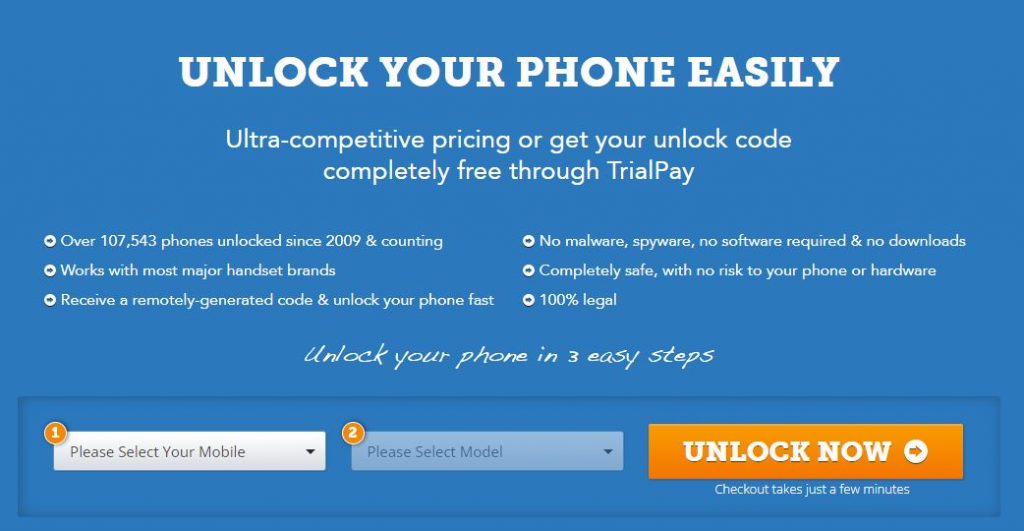
Now, follow these steps:
- Insert a SIM card from any network provider worldwide.
- The activation process will begin, freeing your iPhone from restrictions.
- Enjoy the freedom to choose your carrier, anywhere in the world!
No Computer or Restart Required
Unlocking your iPhone SE is a breeze! It happens “over-the-air” without needing to connect to a computer or even restart your device. Simply insert any SIM card and experience the freedom to roam.
Conclusion
Unlocking your iPhone SE is an investment in flexibility, savings, and value. Embrace the power of choice, travel the world without limitations, and maximize the potential of your device. Whether you choose your carrier’s service or a trusted unlocking provider like FreeUnlocks, the path to global freedom is just a few clicks away. So, take the leap, unlock your iPhone SE, and experience the world of possibilities!


